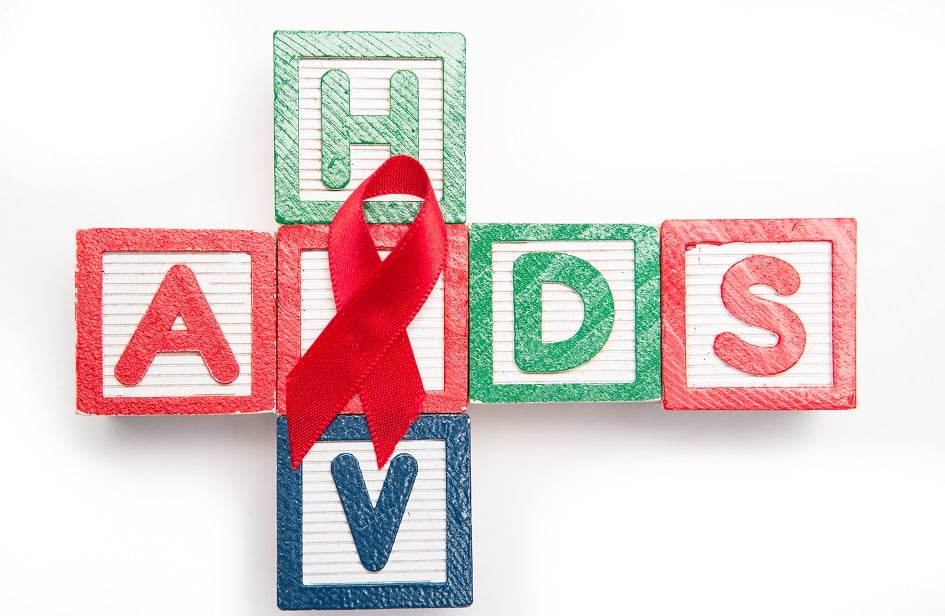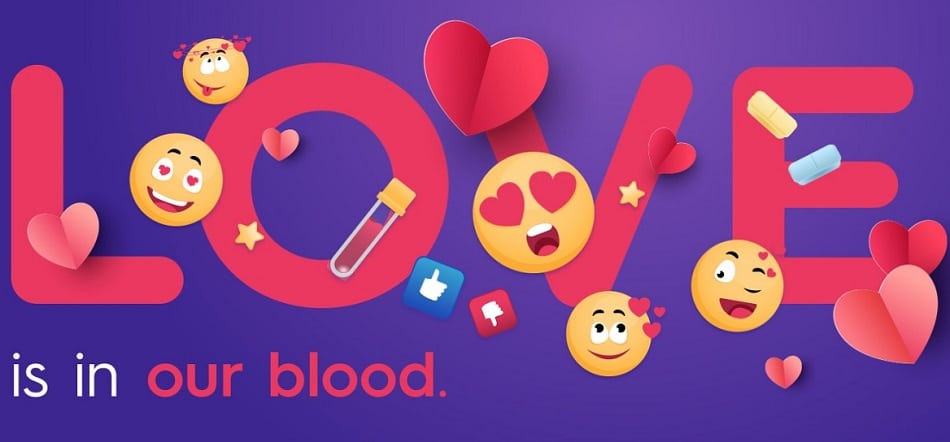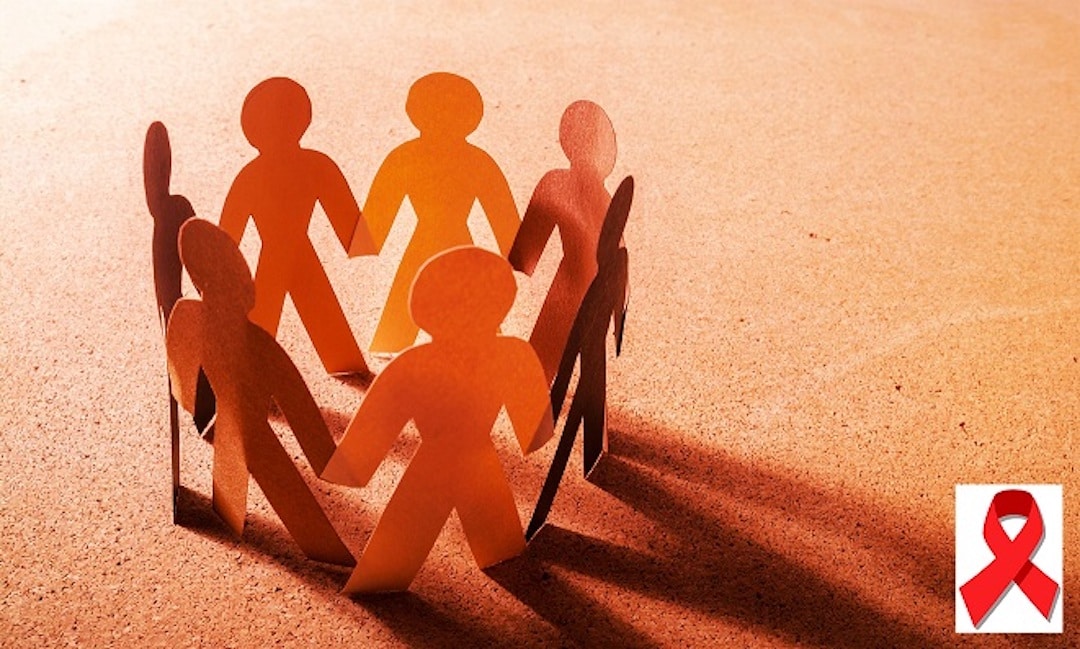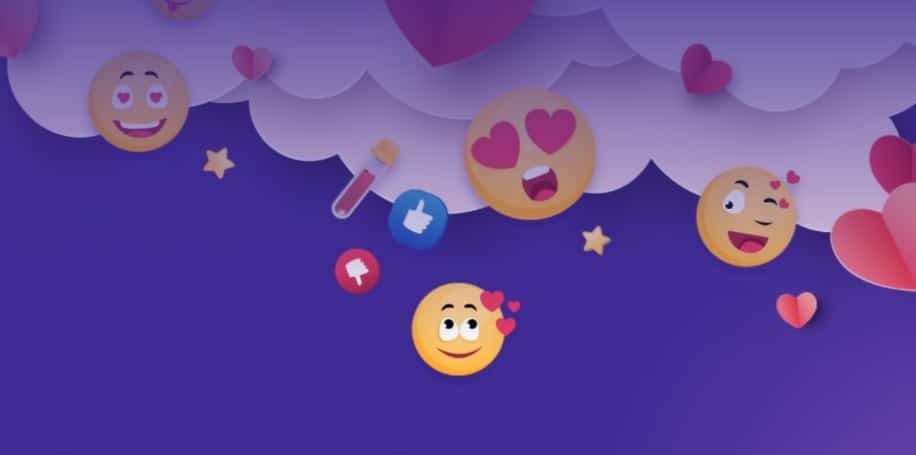HIV 3 – Treatment in Children

HIV TREATMENT IN CHILDREN – A BASIC RIGHT FOR ALL
All people living with HIV are eligible to start HIV treatment – regardless of age, CD4 cell count, and clinical stage.2b
Do not wait. Any child who tests HIV positive should start HIV treatment, as a matter of urgency.2c
DID YOU KNOW?
Children react differently to medication than adults. The metabolism, size, and organ function of children play an important role in the development of effective HIV treatments!3a
DIAGNOSIS OF HIV INFECTION IN CHILDREN
The child of an HIV-infected mother receives HIV antibodies from the mother during pregnancy. These antibodies may persist in his or her blood until 15-18 months of age, even if the child is not infected with HIV. Thus a child may test HIV positive without actually being infected.4a
- HIV exposed: A child is not necessarily assigned an HIV-positive status if the mother is HIV positive. The correct term to use is HIV-exposed.4a,b
The majority of children are diagnosed if they show symptoms of disease and the mother is positive.4a
Specific tests are done to determine the child’s status, usually at 6 weeks or 3 months after breastfeeding has ceased.4a,c
Counselling is provided for all parents and legal guardians and informed consent must be obtained before any testing is done.4d
HIV TREATMENT IN CHILDREN: AN OVERVIEW
A child will be prescribed a regime (combination of ARVs working at different staged\s of the HIV life cycle) according to:
- World Health Organisation and Infectious Disease Specialist recommendations, based HIV infection and treatment data. These are subject to change as new information and drug developments become available.
- age,
- weight,
- viral load
- other factors as determined by clinical experts:2d,e
Remember: The combinations that are used are called ‘regimens’.2e

Children may occasionally need to change their HIV regimen, because of intolerance or side effects. Any changes to medicines will be done in consultation with a doctor.4
How often should a child taking ARVs visit a clinic?
The frequency of visits for children on HIV treatment is as follows:2f
- Children < 6 months should have a clinic visit at least monthly.
- Children 6 to 23 months should have a clinical visit 1-2 monthly, at the doctor’s discretion.
- Children 2 to 5 years should have a clinical visit at least every three months.
- Children > 5 years should have a clinical visit every three months until they are on adult doses.
What are the goals of treatment in children?

HOW DO YOU GET A CHILD TO TAKE MEDICINES EVERYDAY?
Early antiretroviral treatment in infants and children has been found to not only improve chances of survival but also ensure normal immune system and neurological (nerves and brain) development.3b
Speak to your doctor or pharmacist for further advice on your condition and the best treatment options for you.
Need more help? Right to Care Paediatric and Adolescent HIV Helpline:
082 352 6642

Related Brochures

hiv-1-what-is-hiv

hiv-2-treatment
